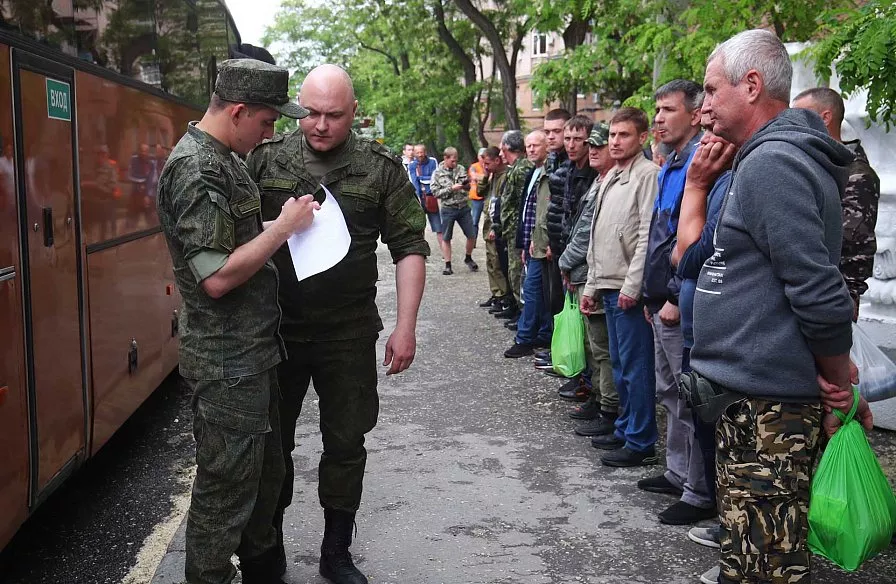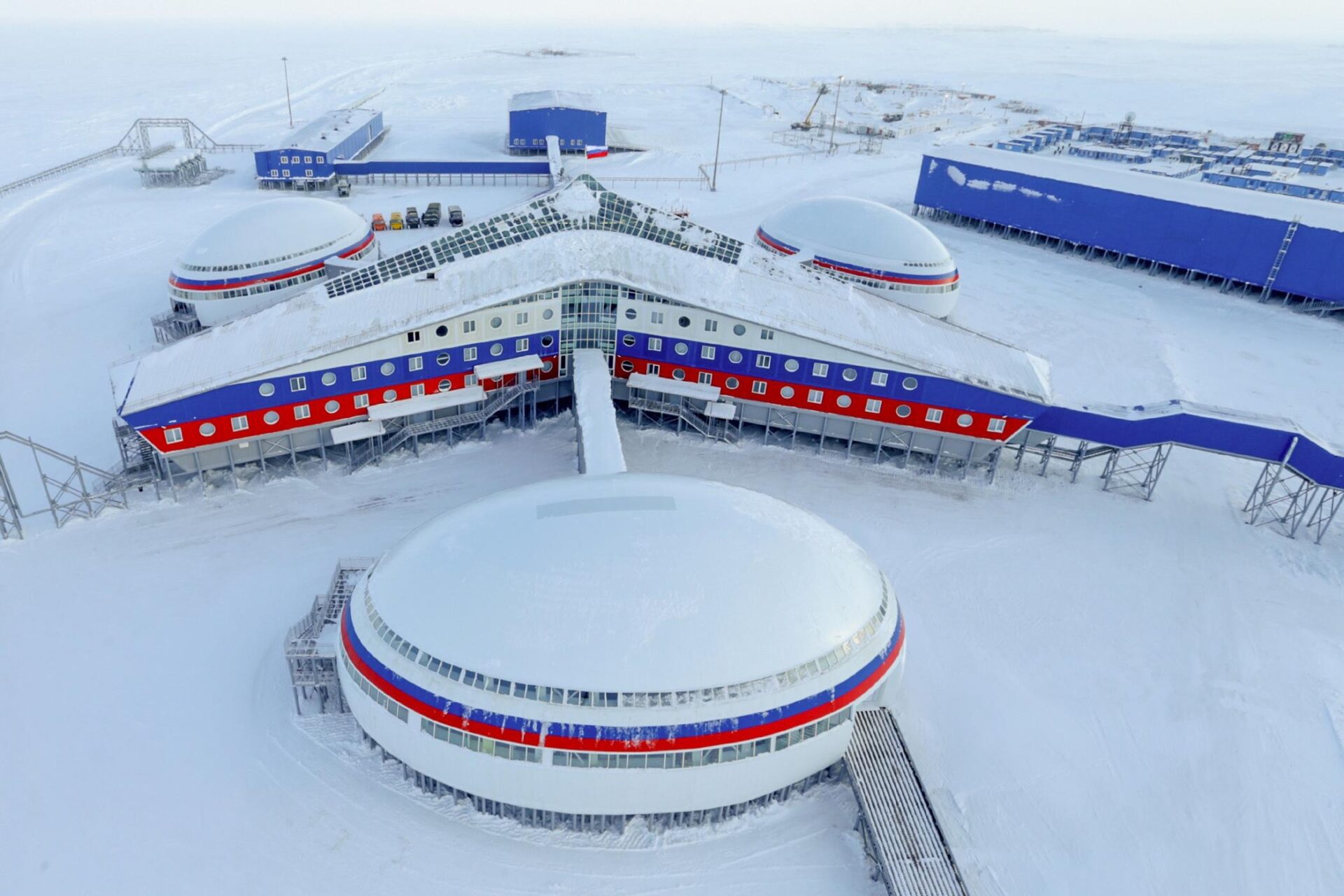
Moscow Forced to Fill Ranks With Older Men
Moscow Forced to Fill Ranks With Older Men
Executive Summary:
- Moscow is now increasing the age limit for military service to fill the depleted ranks of its forces in Ukraine. This is a reflection of the manpower difficulties Russia faces in its long war.
- Visitors to the front, officials involved in meeting the military’s needs, and officers all complain about the rising number of older men in the ranks. Russian media, however, has avoided this issue
- These older soldiers are less physically able to handle their jobs, sick more often, and a source of tension with younger men. This graying of the Russian army is likely to continue, as younger men continue to be reluctant to join even with the Kremlin’s various financial incentives.
Since the launch of his expanded invasion of Ukraine in February 2022, Russian President Vladimir Putin has sought to fill the ranks of the Russian Armed Forces without sparking protests or mass emigration. These methods include recruiting soldiers from poor and non-ethnically Russian communities, raising the draft age from 27 to 30, giving prisoners the chance for release if they agree to serve in the military, arranging for immigrants and foreigners to serve in the Russian army, and most recently, offering increasingly larger bonuses to those who sign up (see EDM, October 31, November 8, 2023, April 4, 9, 16, 30, August 7, October 10). The Kremlin has taken all these steps after its one attempt at a “partial mobilization” in the fall of 2022 backfired, infuriating Russians and sparking the exodus of as many as a million citizens who wanted to avoid combat. None of these alternative strategies, however, have succeeded in providing sufficient recruits to replace the army’s growing number of losses (see EDM, September 22, 2022, June 26, September 18, 2023 Window on Eurasia, October 4).
For the next few months, Russian experts say that Moscow likely has enough money to maintain the needed influx of men into the ranks by raising signing bonuses, but they argue this method will not work forever. Moscow has had to offer ever-larger payments to get men to serve, which only highlights how unpopular the war in Ukraine has become (Riddle, April 11; T.me/anatoly_nesmiyan, August 31, reposted at Charter97, August 31). Some in Moscow are beginning to hint at another potential mobilization, despite fears of the protests it might provoke. Some argue, however, that if such a measure is taken, it will lead to a Russian collapse, resulting in victory for Ukraine (Charter97.org, May 10; Glavred, October 3; Discred.ru, October 10).
To avoid mobilization up to now, Moscow has been quietly allowing older men to enlist, including many in their 40s, 50s, 60s, and even in their 70s, despite the problems their age presents. Russian media has been limiting coverage of stories about Moscow’s decisions to raise the age limit for contract service for most ranks to 65 (Obyasnyaem.rf, June 24, 2023). Independent media outlet Vyorstka, however, has now provided further details about this development (Vyorstka, October 9). Its reporting draws on the coverage of other independent media and interviews with Russian officers and officials speaking on the condition of anonymity, highlighting what is rapidly becoming a problem for Moscow.
According to Vyorstka, since the beginning of 2024, the number of Russian contract soldiers over the age of 45 has risen significantly, creating what Russian commanders and Russian military specialists call an increasingly serious problem. These older soldiers are in poorer physical condition, less capable of carrying out military tasks, and frequently a source of tension with younger soldiers. Many believe that the growing number of these “granddads,” as other Russian soldiers now call them, is one of the biggest problems the Russian military currently faces in Ukraine. The independent news outlet adds that this problem has caught Moscow’s attention.
One of its sources, allegedly a Duma member’s staffer, shared letters his boss had received from Russian soldiers. In Ukraine, these soldiers complain that most units consist of these “granddads” and face difficulties as a result. A Russian officer, speaking on condition of anonymity to Vyorstka, confirmed that 200 to 300 personnel had been killed and wounded in his regiment over the summer and that half of those who have been sent to replace them are 50 or older. Many of them, he said, have proven incapable of handling their military tasks. Some officers insist that these older men are “better than the boys” fresh out of school, although they say that it is “sad” that their country has to use so many older men to fight its wars.
One source in the Moscow mayor’s office says that the number of older volunteers began to grow in August, something that has pushed up the average age of contract soldiers from “about 40” at the start of 2024 to “about 50” now. A second source reported that in the last several months, volunteers over the age of 45 represented “half” of those who had signed up. While Russian officials—even when speaking anonymously—say the older men will do just fine, specialists on the Russian military say that these “granddads” cannot be expected to perform as well as younger men.
Confirmation of both the growing number of older Russian men in the ranks and of the problems they present comes from data collected by Mediazona, another independent Russian outlet, and the BBC. Their data shows that there has been a dramatic increase in the average age of Russian soldiers killed in combat. So far this year, there have been 2,475 volunteers over the age of 45 who have lost their lives, approximately “half of all those killed whose age has been confirmed.” That figure is 18 percent more than for all of 2023 and three times more than for 2022. Moreover, according to Vyorstka, the number of deaths among older soldiers has accelerated over the course of this year: 16 of those over 45 died in March 2024, a number that rose to 131 in August. The rise in deaths among those even older than 45 has been still higher. So far this year, 597 men over the age of 55 have been killed in combat, 50 percent more than last year and four times the number in 2022.
If this trend continues and more Russians learn what is happening—which is likely to happen, as the Vyorstka report is beginning to be picked up by other outlets (see Meduza, October 10)—the Kremlin may find it increasingly difficult to attract older men to enlist, even if the money offered in financial incentives continues to increase. Putin may be forced to consider undertaking at least a partial mobilization next year, however explosive such a choice might prove, if he is to continue the war.


